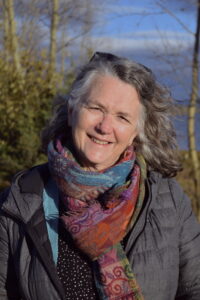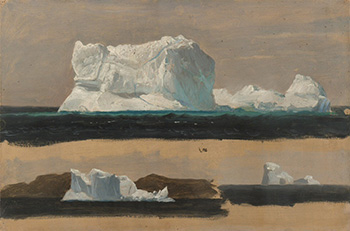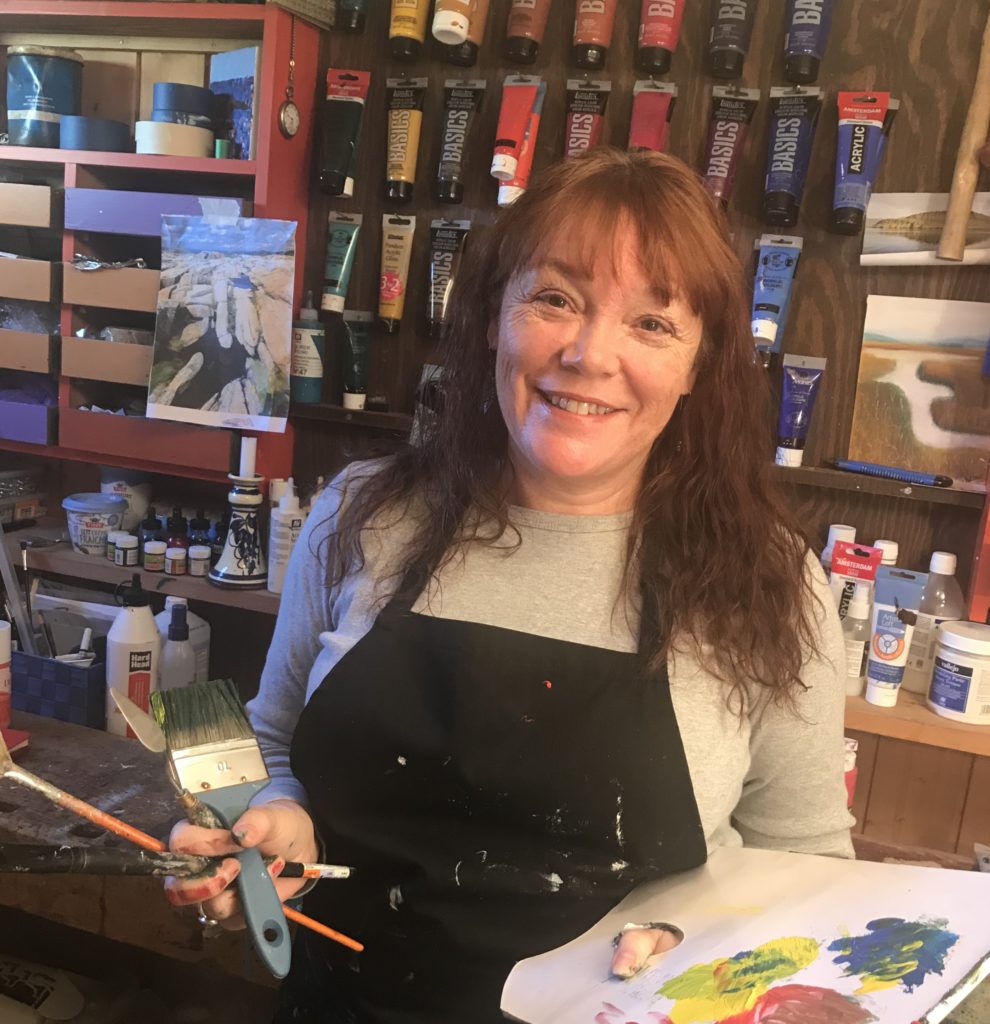Precious Little: review by Marie Wadden
March 2023
Author Camille Fouillard was right to resist publishers’ suggestions that she write a non-fiction account of the four decades she has worked with the Labrador Innu. Instead, she has captured those rare and wonderful experiences in novel form. Her decision had more to do with providing readers with a richer understanding than with changing the names to protect the innocent. In a Guardian exploration of the fine line between non-fiction and fiction, the late poet and novelist Helen Dunmore argued that fiction “creates empathy, changes fixed opinions and morality, and contributes to reform of law and social practice.” Fouillard didn’t set out to do all this in her novel, although her life’s work has been to see the Innu achieve social justice, but it is an important byproduct of this touching and entertaining story. Precious Little does more to bring readers close to the reality of these embattled Indigenous people than all of the non-fiction that has been written about them over the past several centuries, and there has been a LOT, written by anthropologists, linguists, journalists, and travellers.
“We need you,” a woman named Manish says in a telephone call to Anna, the novelist’s protagonist. This crie de coeur launches the action. Manish had participated in a workshop on women’s health conducted by Anna and believes the young woman’s skills as a writer and facilitator can help the Mushua Innu conduct an inquiry, without lawyers and a judge, to better understand why some of their children died in a recent fire and to learn what needs to be done to prevent it from happening again. Anna agrees to help, after some trepidation, and moves to the troubled community where she lives for several months as the work proceeds. Her voice propels the narrative forward, enabling the readers to experience what she sees and feels because of Fouillard’s skillful use of the first person point of view.
 We are taken inside this woman’s turbulent mind and heart throughout her time in Davis Inlet, creating a level of intimacy that could not be achieved were Fouillard to tell us in her own voice what she experienced while assisting the Mushua Innu hold the actual inquiry that led to a groundbreaking publication called Gathering Voices, Finding Strength to Help Our Children, a “People’s Inquiry” into the fire that killed six children in Davis Inlet on Valentine’s Day, 1992.
We are taken inside this woman’s turbulent mind and heart throughout her time in Davis Inlet, creating a level of intimacy that could not be achieved were Fouillard to tell us in her own voice what she experienced while assisting the Mushua Innu hold the actual inquiry that led to a groundbreaking publication called Gathering Voices, Finding Strength to Help Our Children, a “People’s Inquiry” into the fire that killed six children in Davis Inlet on Valentine’s Day, 1992.
The trust Anna earned during the workshop where she met Manish cannot be taken for granted because she represents a society that has robbed the Indigenous people of everything they value, crippled their autonomy, and stolen their children, among other racially-motivated crimes. Her loyalty is always questioned. Is she doing it for the money? Is she a loser with no other employment options? Is she running away from something? Well, maybe, but she is also very determined. She doesn’t even let an attempted sexual assault drive her away from the work that she believes must succeed, not only for the sake of the Mushua Innu, but for her sake as well. There’s a bit of personal redemption at stake as Anna tries to come to terms with her alcoholic father’s recent death and the push from her boyfriend Mark for a greater commitment to their relationship. The Innu aren’t alone in fighting demons.
Anna is left to collate the findings of the inquiry for the community’s use and for the enlightenment of the outside world. She understands the urgency of her mission as she carefully handles the drawings of Innu children, like an art dealer with works of the masters, because of what they say about how widespread alcoholism has impacted the community’s youngest members.
Fouillard lets the veil slip a few times between the author and the narrator when from time to time she launches into a bit of political rhetoric about how the colonizers’ sins created the mess the Innu are trying to fix, but it’s not needed because her beautifully-rendered descriptions of the Innu way of life are enough to convince readers of the damage that has been done, and what is needed to set it right. It’s too bad Newfoundland policy makers didn’t heed the Innu legend of an evil spirit that must not be disturbed at Muskrat Falls because that catastrophe might have been averted. Innu mythology, their distinct language, and depth of humanity shine through the entire narrative. Some confusion is caused by the introduction of too many minor characters to keep track of, and it wouldn’t have mattered if their names were in English rather than Innu, but this is a minor point in an otherwise flawless work
“You half Innu woman now,” Anna is told after she demonstrates she has the grit needed to ride the wave of skepticism about her sincerity. The same is no doubt said of Camille Fouillard. The “People’s Inquiry” she helped to facilitate 30 years ago became a powerful instrument of change, the catalyst that got the Mushua Innu off the island they had outgrown, where, among other things, there wasn’t enough running water to put out a fire, and into to their new homes in Natuashish. The Innu behind the real 1992 People’s Inquiry may not have realized it at the time, but by going house to house to gather opinions from their neighbours, relatives, and friends, and by holding workshops to discuss matters amongst themselves, they were employing some of the powerful tools used all over the world for community development today.
Fouillard has forged lifelong friendships in Labrador’s two Innu communities because she has never betrayed their trust, and doesn’t do so in this novel. Now that she has told this story, she is free to use her imagination to write more novels, because Precious Little is, above all, a triumph of good writing.
Marie Wadden is the author of two books that feature the Innu of Nitassinan. Her first book won the Edna Staebler award for Creative Nonfiction.
(Author photo credit: Germaine Benuen. Precious Little is published by Vagrant Press, $22.95)



